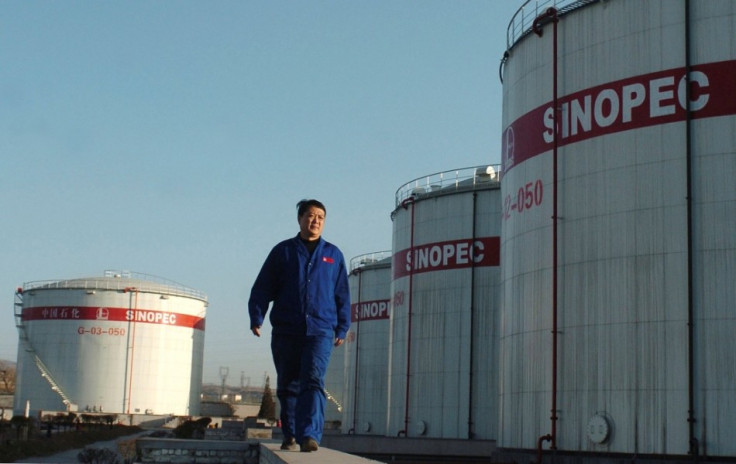Chinese Petroleum Exports Threaten Singapore's Oil Trade Dominance in Asia

China's oil refiners are looking to exporting surplus petroleum products as sluggish economic growth weighs down on domestic demand for transport and industrial fuels.
However, the country's emergence as a net exporter of oil products, such as diesel, poses a threat to Singapore's dominant position in oil trade in Asia.
In addition, a surge in diesel exports from the mainland or from far-flung Chinese storage sites could squeeze refining margins in the region.
Threat to Singapore
China largest refiner Sinopec and its domestic rivals PetroChina and CNOOC are pitching surplus stockpiles to potential buyers in Asia, Africa and in Australia.
Sinopec's trading arm, Unipec, is looking to sell to Mozambique, Tanzania and Zimbabwe, unnamed sources told Reuters.
Australia is another potential market for Sinopec, which shipped jet fuel to the US and to Canada earlier in the year.
Sinopec's diesel inventory could be shipped from its refining joint venture in the Red Sea city of Yanbu; or from two planned facilities in Indonesia. The firm plans to build Southeast Asia's largest oil storage terminal, with a capacity for 16 million barrels of crude and refined fuels, in Indonesia's Batam free trade zone. A separate facility is under construction in the Kalimantan province.
Meanwhile, China National Offshore Oil Company (CNOOC) is looking to export about 1.5 to 3 million barrels of diesel to Hong Kong and the Philippines in 2014.
CNOOC's Huizhou refinery could nearly double its capacity, from 240,000 bpd, by then.
Together, these storage sites could hit margins across Asia and spell trouble for Singapore.
"So you have these large investment cycles where people build these refineries and they build them with technical specifications to maximise distillates output and that's what has happened in China," Richard Gorry, JBC Energy's managing director in Asia told the news agency.
However, "China's goal is to be balanced, and not to be a major importer or exporter of products," Gorry added.
Earlier, Petrochina secured a term contract to sell diesel to Sri Lanka.
Chinese firms have built massive oil and gas production capabilities the world over. That and lower domestic demand explains the surge in surplus cargoes.
Chinese companies executed 83 oil and gas purchases worth $100.7bn globally in the past five years, according to data compiled by Bloomberg.
© Copyright IBTimes 2025. All rights reserved.






















